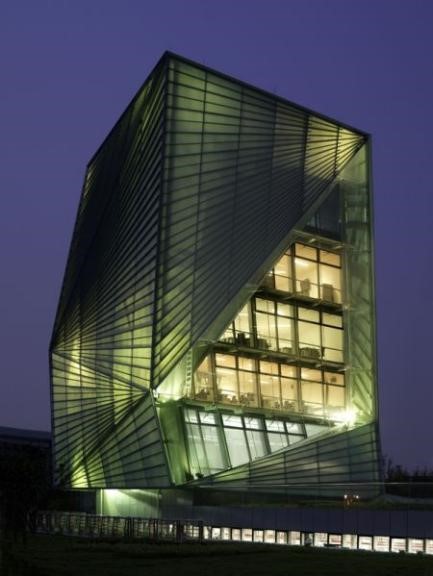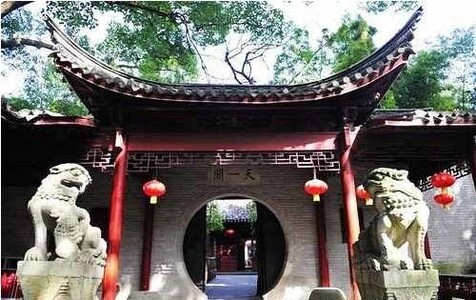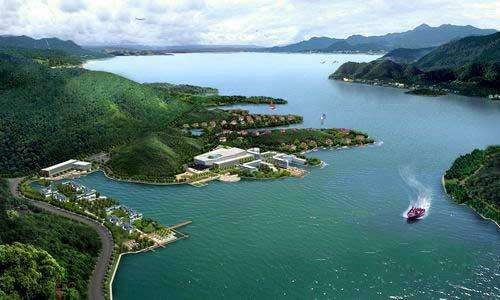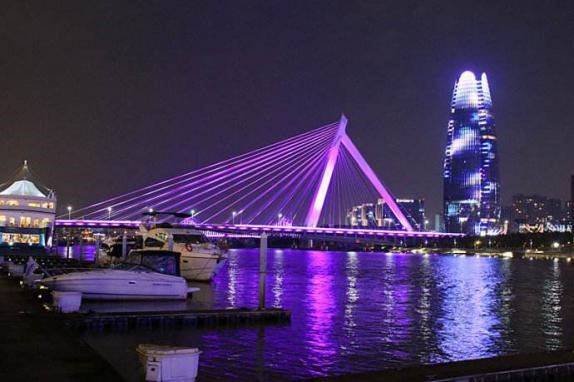

|
ABOUT NINGBO AND THE UNIVERSITY OF NOTTINGHAM NINGBO CHINA Ningbo, one of the most vibrant, dynamic and prosperous cities in China, is a sub-provincial city in the northeast of Zhejiang province. It is a coastal city lying in the south of the populous Yangtze River delta and facing the East China Sea to the east. It covers an area of 9816 km2 and has a population of 9.4 million, thus making it one of the most populated cities in the world. Ningbo is also a famous historical city with rich cultural heritage. It is home to the "Neolithic Hemudu Culture" dating back to more than 7,000 years. Since ancient times, Ningbo has always had great respect and emphasis on education, and has an outstanding track record. During the Tang to Qing Dynasties, more than 2400 scholars passed the prestigious examination for imperial scholars, of which more than 10 won first places. Such excellence has also inherited into modern times with many world-renowned first class scholars, scientists and artists originating from Ningbo. Ningbo is a one of the most important port cities in China with Ningbo port being the busiest in the world, thanks to its multi-purpose deep-water port infrastructure. Ningbo has always been known for its crucial role as a trade city along the Silk Road since Tang and Song Dynasties. This has placed Ningbo at the gateway of the import and export of valuable goods, and also the hub for exchanging invaluable knowledge and culture. This, in turn, has fueled Ningbo’s social and economic rapid advancement. In 2020, the city’s GDP exceeded RMB 1.24 trillion despite the impact from COVID-19, and it is expected to follow a steep rising trend. In the foreseeable future, Ningbo will continue to serve as an important industrial city and foreign trade port in eastern China, whilst being a key chemical/material industrial base in the Yangtze River delta and an economic centre of Zhejiang Province at the same time. With UNNC strategically positioned in Ningbo, the University of Nottingham, as a whole, has been able to effectively deliver international ground-breaking research to meet local needs and beyond. The University of Nottingham and its international campus, UNNC, have made significant advances and impacts in the area of clean energy development, particularly in the construction of modern energy supply systems, development and optimisation of new energy utilisation, as well as reduction in environmental impacts as highlighted in the action plans of China Energy Development Strategy and the 13th Five-Year Plan for energy development in Zhejiang Province. The University of Nottingham Ningbo China (UNNC), established in 2004 with the full approval of the Chinese Ministry of Education, is the first Sino-foreign university in China. The academic quality of UNNC and the quality of its students are consistent with that of the Nottingham campus in the UK as highlighted in the official Quality Assessment report released by the British Higher Education Quality Assurance Agency (QAA). UNNC has continued to develop into an international hub with excellence in research, innovation and knowledge exchange. In 2020, the Nottingham Ningbo China Beacons of Excellence Research and Innovation Institute (also known as ‘the China Beacons Institute’) was jointly established by the Ningbo Municipal Government and the University of Nottingham with a vision to lead the frontiers of (1) green chemicals and energy, (2) life science and healthcare, and (3) intelligent manufacturing, with the integration of advanced technology research, outstanding talent cultivation and research knowledge transfer to transform ideas and concepts into world-class applications. The China Beacons Institute leverages the unique “Ningbo-based and global-oriented” values by serving as an international scientific and technological innovation platform catalyzing original research and cutting-edge new technology development, while driving the industrial development of Ningbo.
The Centre for Sustainable Energy Technologies (CSET) in UNNC is the first zero-carbon building in China. It was officially opened in September 2008 and accommodates research laboratories as well as teaching and administrative facilities.
Tourism in Ningbo It is the oldest existing library in China founded in 1561 by Fan Qin during the Ming dynasty. In its heyday, it boasted a collection of 70,000 volume of antique books. Fascinating documents, manuscripts and steles are on display, with many more available for viewing in the reading room. Take some time to appreciate the time-worn building, full of signs of the history chronicled in its collection of books, and don't forget to enjoy the landscape.
Dongqian Lake: "East Lake" Dongqian Lake is a natural lake lying in the southeast of Yinzhou District, Ningbo in the Zhejiang province of eastern China. It is the largest natural freshwater lake in Zhejiang province with a water surface area of 20 km2, approximately four times larger than the West Lake in Hangzhou. Since ancient times the Lake has been a famous scenic spot in Eastern Zhejiang. October is one of the best seasons of the year to enjoy a boat ride overlooking the sunset.
The Old Bund: Laowaitan Ningbo's Old Bund used to be the place where ancient British and Dutch traders lived and you can still see remaining architectures as you walk along the brightly lit street. The swooped lines of Chinese-style buildings are replaced by old stone buildings with western-inspired details. Also known as Laowaitan, the area is now a lively street full of bars and restaurants with east-meets-west fusion dishes and drinks.
|
Copyright © 2022. All rights reserved www.applied-energy.org








